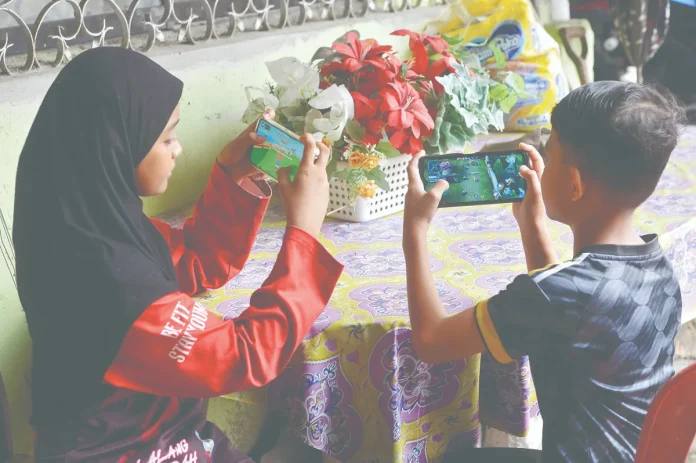UM criminologist argues against treating children as security threats, calling for empathy-driven interventions over surveillance and control measures.
WHEN laws clash with the language of security, we must stand firmly on the side of justice.
In recent months, cases involving children accused of sexual or bodily offences have reignited public anxiety and debate.
What began as a discussion about social and parental responsibility has since been entangled in the rhetoric of securitisation – the dangerous tendency to reframe ordinary legal or moral issues as matters of national security. This is not merely a story about violence; it is a story about childhood, responsibility and society’s moral compass.
When a tragedy involves two children – one the alleged perpetrator and the other the victim – we must be careful as both are children. Each is a product of the environment that shaped them. To speak of them in the language of threat or deterrence is to lose sight of our humanity and of the state’s duty to protect, not punish.
ALSO READ: When children become victims and perpetrators
Lawyers for Liberty has rightly pointed out that any move to search or confiscate children’s mobile phones is unconstitutional. Such an act violates the child’s fundamental right to privacy and personal liberty as guaranteed under the Federal Constitution.
A child is a rights-holder, not a suspect. Subjecting them to surveillance or intrusion under the guise of “protection” erodes the foundation of justice and undermines public trust in the rule of law.
Too often, measures framed as deterrence are used to justify policies or actions that, in practice, criminalise childhood. Deterrence may have a place in adult justice but when applied to children, it becomes conceptually and morally unsound.
Children do not act through rational calculations of punishment or consequence; they act through curiosity, imitation and social learning. To impose the language of control, “risk” or “security” on them is to mistake development for deviance.
When a violent incident occurs in a school, it is quickly securitised – discussed in terms of threats, prevention and control. But when violence occurs at home, do we accord the same urgency, resources and framing? If not, then what we are witnessing is not true securitisation but selective moral panic.
The real issue is not “security” but our failure to provide consistent care, emotional education and community support for children across all settings. What we need is not surveillance or control but empathy-driven intervention – systems that address harm through understanding, not fear.
Equally concerning is the growing tendency to attribute children’s violent or troubling behaviour solely to online gaming, social media or exposure to digital content. This narrative is simplistic and reductionist.
Criminality, even in its earliest form, is rarely born from a single source. It is the culmination of multiple factors: family dysfunction or neglect, exposure to violence, socioeconomic strain, peer influence, emotional deprivation and the absence of safe social spaces.
To place all blame on gaming or social media is to absolve society of its deeper responsibilities – to raise, educate and support children meaningfully in the real world.
When dealing with children, we must use language that heals rather than harms – language grounded in care, guidance and education, not surveillance or suspicion. Every word we use shapes the way we see them, either as individuals in need of nurturing or as potential threats in need of control. This habit of invoking “security” or “public order” every time a moral panic arises is not vigilance; it is moral carelessness.
The securitisation of childhood transforms vulnerability into guilt and compassion into control. It diverts attention from the real questions society should be asking: Where are our parenting structures, our educational support and our digital literacy initiatives? Why do we resort to fear and punishment instead of understanding and guidance?
The law exists to protect, not persecute. It must remain the bulwark against moral panic and political expediency. To securitise children’s behaviour is to criminalise innocence; to police their digital lives is to teach them distrust, not discipline.
True security does not come from control or intrusion; it comes from compassion, education and the fair application of the law. A nation that governs through fear can never claim to be just. A nation that safeguards its children’s rights, however, proves that its justice system is rooted in humanity. We must choose law over fear, rights over rhetoric and justice over securitisation.
Dr Haezreena Begum Abdul Hamid is a criminologist and senior lecturer at the Faculty of Law, Universiti Malaya.
Comments: letters@thesundaily.com








